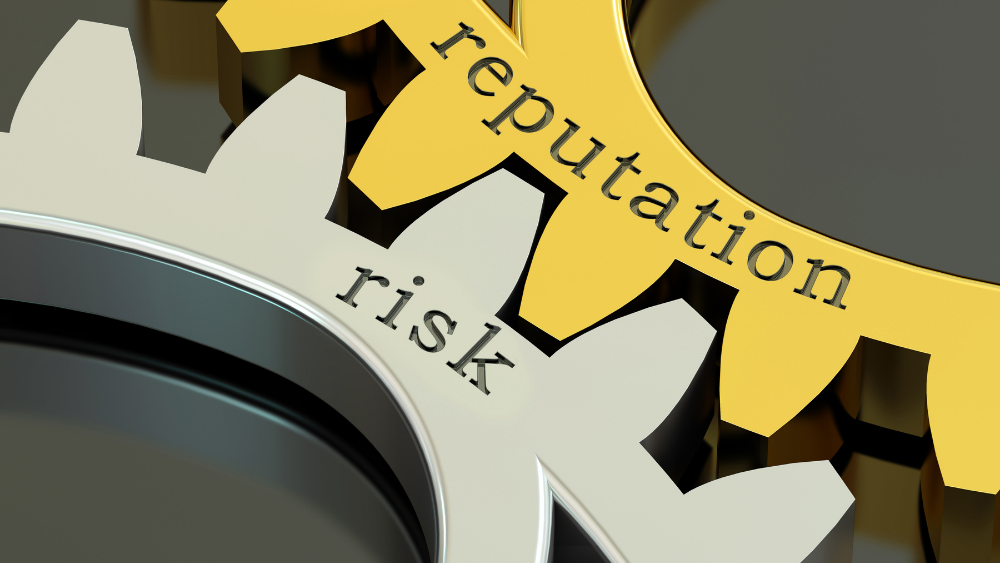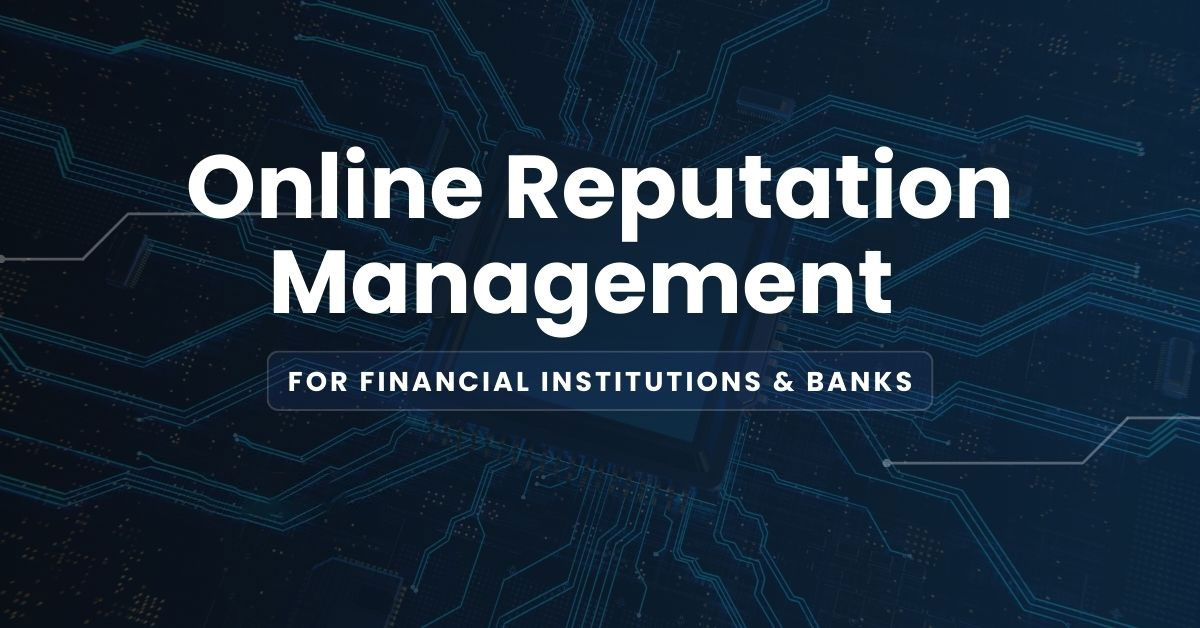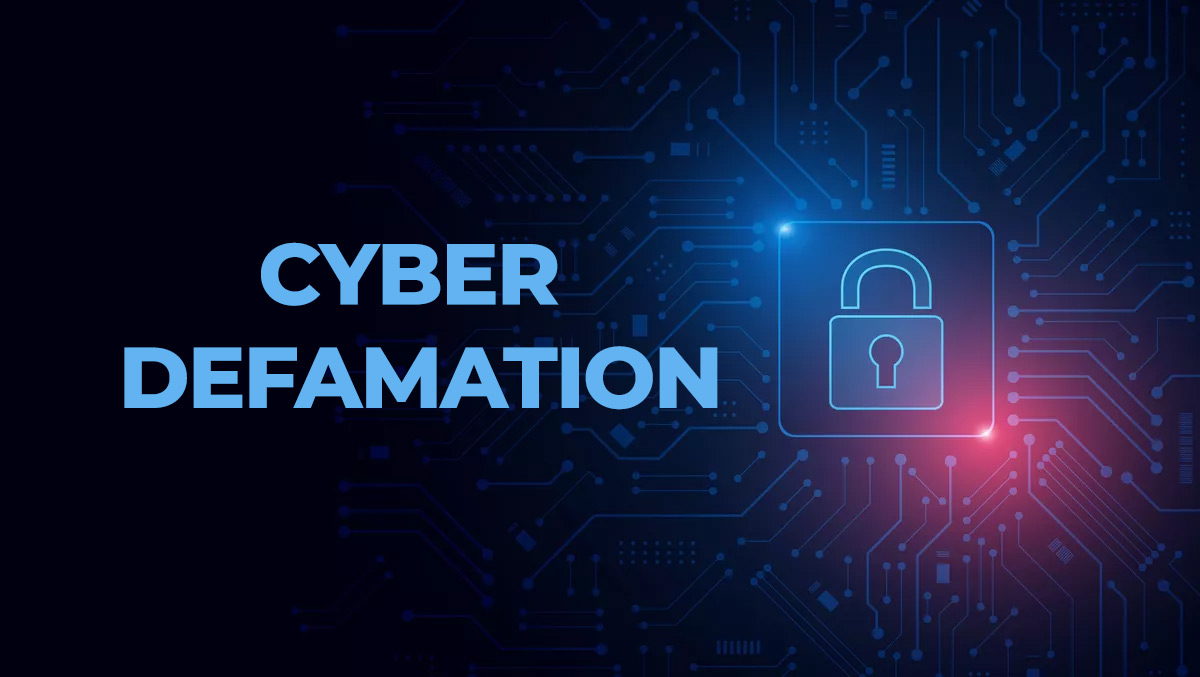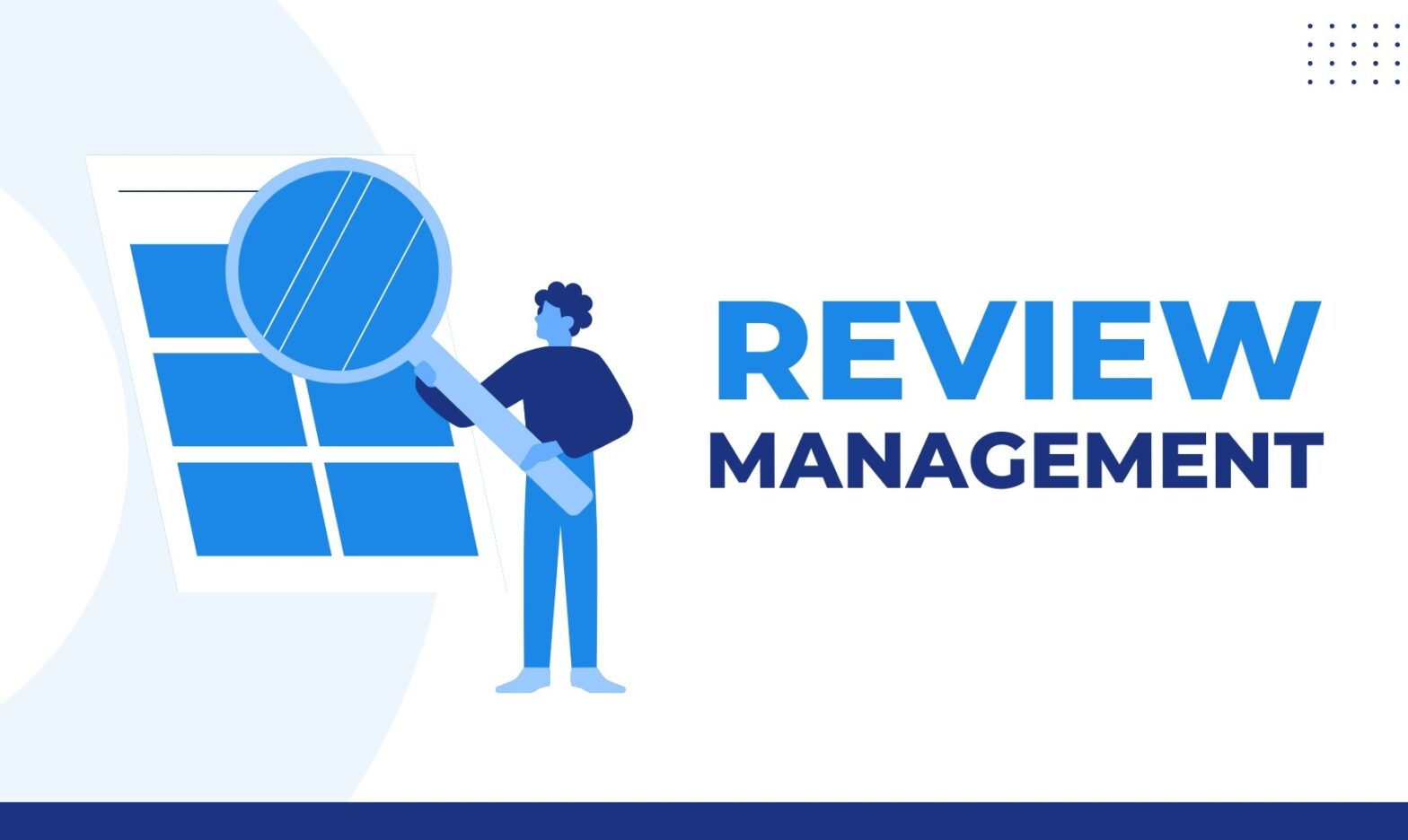We are in 2023 and there is no asset more important than the reputation of a business. It is also the most delicate thing one can ever own. And if any unfortunate event causes damage to this vital asset, it will ruin all the efforts you’ve been making in all those years to establish your business reputation and revenue. Despite this, several businesses still do not have efficient reputation management in practice. Damage to a reputation can be due to many different factors, but it’s how any organization acknowledges the commotion.
Reputation defines the beliefs or opinions about someone or something. It makes a huge impact on customer loyalty and user retention, employee retention and sales and growth opportunities, your relationship with investors and shareholders, and even more.
What are the effects of reputational damage?
Firstly, it can result in customer attrition. If customers perceive dissatisfaction with a business’s performance or experience inconveniences that the business fails to address adequately, they are likely to switch to a competitor. Subsequently, customers might express their discontent on social media and complaint platforms, amplifying the damage to the company’s reputation. Addressing these issues demands a proactive damage control strategy executed by well-trained personnel.
Secondly, businesses may need to offer compensation for product or service losses or customer inconvenience stemming from their offerings. While this approach can enhance the company’s reputation and garner positive customer feedback, the financial repercussions can be significant. The loss of sales, clientele, and expenses tied to compensations could, in severe cases, result in organizational downfall. When you do not take proper action against a damaged reputation, it could cause severe loss in all aspects. Therefore, it’s better to take strict action to manage it either yourself or hire an experienced reputation management company to do so.
What is the importance of reputational risks?
- Business Sustainability: A positive reputation is vital for a company’s sustainability. A damaged reputation can lead to loss of customers, reduced sales, and, in extreme cases, business failure. Maintaining a good reputation is crucial for long-term success and survival in the market.
- Trust and Loyalty: A strong reputation builds trust and fosters loyalty among consumers. When customers trust a brand, they are more likely to choose its products or services over competitors, thereby driving revenue and market share growth.
- Employee Retention: A positive reputation helps attract top talent to an organization. People are more inclined to work for companies known for their good reputation, positive work culture, and ethical practices. Moreover, satisfied employees contribute to a positive company image, creating a cycle of attracting and retaining talent.
- Investor Confidence: Investors are keenly observant of a company’s reputation when making investment decisions. A tarnished reputation can lower stock prices and scare away potential investors. A good reputation, on the other hand, can attract investment and positively influence stock market performance.
- Regulatory Compliance and Relations: A good reputation helps in building better relations with regulatory bodies. A company known for compliance and ethical conduct is likely to face fewer regulatory challenges and scrutiny, ensuring a smoother operational environment.
Negative Link Can Help You Mitigate Risk
All businesses have to face some risk at one point or another. If you plan and streamline your operations, you’ll be able to duck any issue coming your way. If you want to know more about reputation risk and how to repair and recover your brand image, you can reach out to Negative Link. We will help you to manage your business and grow exponentially. Let us be your support in running your business seamlessly.











